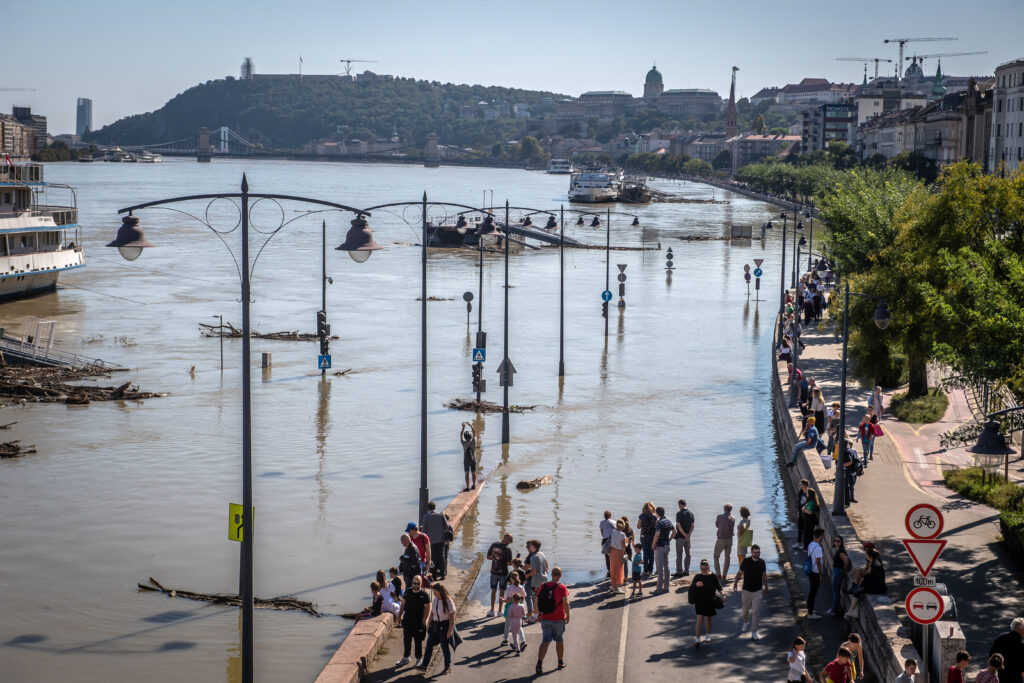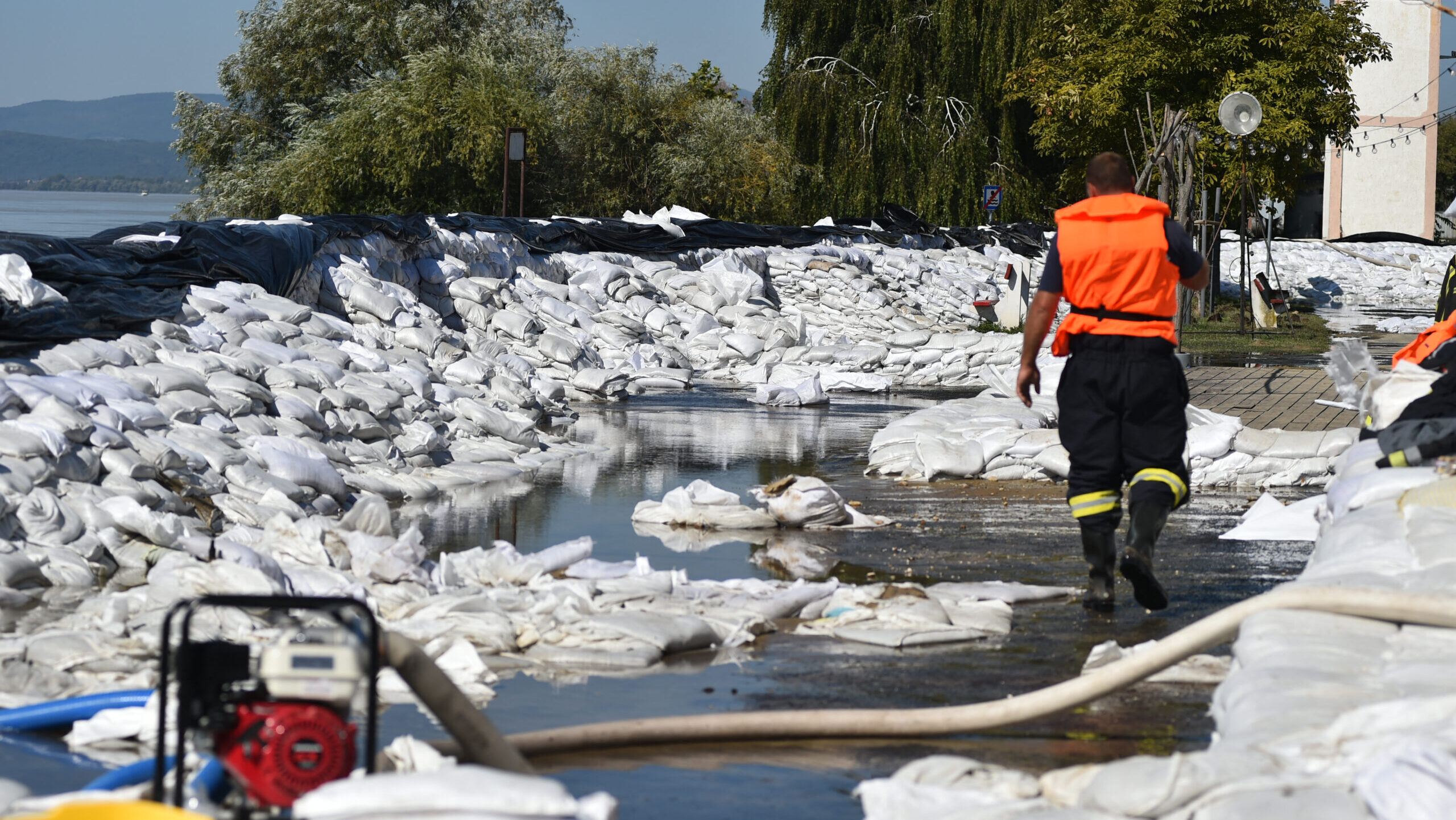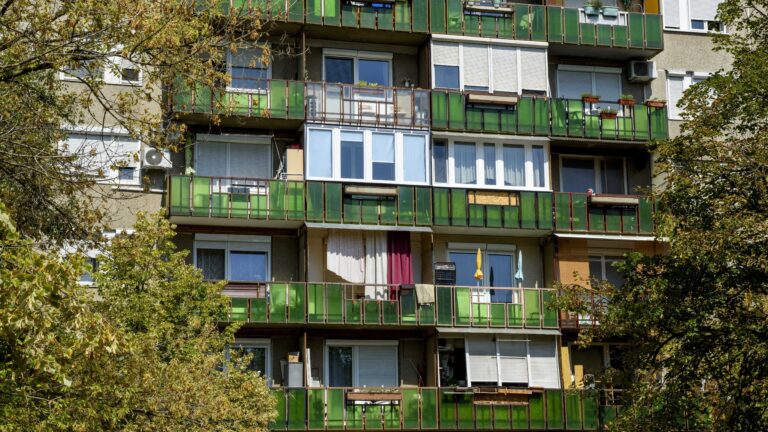Last week European Commission President Ursula von der Leyen announced that the European Union would provide substantial funding to assist the Central and Eastern European member states impacted by the devastating floods. ‘I am here to reassure you that Europe stands by your side,’ she stated at a news conference in the Polish city of Wroclaw. Von der Leyen revealed that €10 billion would be made available from EU cohesion funds, with some of the usual conditions, such as co-financing by member states, being lifted to expedite the response. She also noted that funds from the EU’s Solidarity Fund, which supports member states affected by natural disasters, would be allocated to rebuild infrastructure.
However, von der Leyen named five member states eligible for EU aid: the Czech Republic, Romania, Poland, Slovakia, and Austria. Notably absent from this list was Hungary, which was also impacted by the floods. A spokesperson for the Commission was quick to clarify, stating that Hungary is also eligible for the EU’s flood relief. ‘EU aid is, of course, available to all affected Member States, including Hungary,’ the spokesperson confirmed. This raises the question: who is telling the truth?

Last week, Hungarian Prime Minister Viktor Orbán expressed scepticism regarding support from Brussels. ‘With all due respect, if we waited for Brussels to bail us out, we’d be up to our necks in water,’ he said during his government’s press conference last Thursday.
The defence efforts are now nearing completion, providing a clearer picture of which countries will be eligible for EU aid—and it appears that Viktor Orbán was correct. While the Commission’s spokesman was partially accurate in stating that Hungary could be eligible, due to the success of the defence efforts the country is unlikely to receive assistance from Brussels.
This is because the €10 billion from the EU Cohesion Fund will only be offered to countries that meet specific criteria: in the event of a major natural disaster, total direct damage must exceed either €3 billion (calculated at 2011 prices) or 0.6 per cent of the affected state’s GNI, whichever is lower.
Successful Flood Protection as an Obstacle?
Hungary responded quickly and effectively, and as a result, the damage is expected to remain below the required threshold, though no concrete figures are available yet, as the protective efforts are still ongoing. Recalling the 2013 Danube floods, PM Orbán stated at a press conference on Monday that the total cost of the defence amounted to 19.6 billion HUF at the time, of which 9.8 billion was allocated to the water sector—equivalent to 16 billion HUF at today’s prices. However, he now estimates the total cost to be around 5 billion HUF (around €12 million). These figures fall significantly short of the conditions required by the EU. Thus, we find ourselves in the peculiar situation where Hungary is not eligible for EU funding because it has ‘protected itself too well’ against flooding
In contrast, other Member States are facing significant damage. In Poland, initial assessments conducted after the devastating floods estimated damage in the worst-affected region at nearly €935 million. In Austria, flood-related claims are expected to total €700 million, though this figure is likely to increase. Meanwhile, damage estimates in Romania stand at €12.5 million, and in Slovakia at €20 million.
Related articles:







